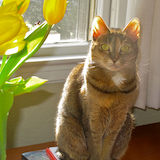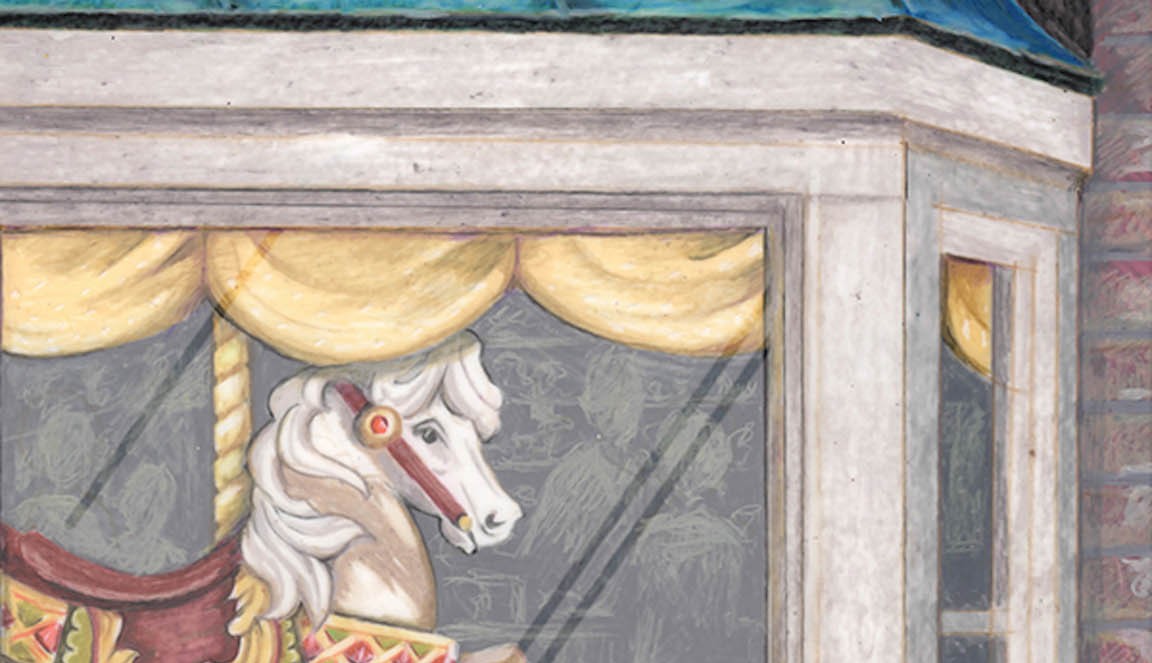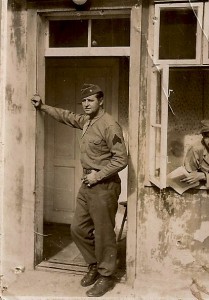The Joy of Incorporating the Edits
“Would you convey my compliments to the purist who reads your proofs and tell him or her that I write in a sort of broken-down patois which is something like the way a Swiss waiter talks, and that when I split an infinitive, God damn it, I split it so it will stay split, and when I interrupt the velvety smoothness of my more or less literate syntax with a few sudden words of bar-room vernacular, that is done with the eyes wide open and the mind relaxed but attentive.” ─ Raymond Chandler
Having made the great pronouncement shortly after I started this blog that I planned to blog three times a week, I have been nowhere to be found. Be assured that I have learned my lesson and will no longer promise things that I can’t deliver. While I have not been blogging, I have been busy editing. It comforts me to read this quote by Raymond Chandler who, by anyone’s definition, was a very fine writer. Editing or to be exact doing something with the feedback provided by one’s editor is a tedious, painful, and essential part of the writing process. The problem arises from the fact that at the point you turn your manuscript over to the editor you have edited it yourself several times. In my case, my writers group and my husband have edited it, too. You are paying someone to edit the book but in your heart you are shocked when then do. “What do you mean you don’t like that word? What’s wrong with it?”
I have a day job which sometimes extends into being a night job depending on the need for me to meet with my clients in China. This leaves from six o’clock to eight o’clock in the morning as my best time to work.

So after the ‘cat alarm’ wakes me up (this is a real cat batting you aggressively in the head, not a cute plastic alarm clock that looks like a cat), I drag myself into my office and begin to incorporate (or not) the edits I have printed out the night before. My schedule is one chapter per day. I don’t usually take issue with my editor’s suggestions. I am certainly not going to raise a challenge in the war with the dreaded commas. When I do come to an edit I don’t like, I leave it and go for a walk or do battle with the weeds in my garden. Most of the time, upon second and third thought, my editor is right. Every once in a while though, like Ray Chandler, I stick to my guns. There are some words or scenes that I love and have written with “eyes wide open.” They get to stay in the book.

